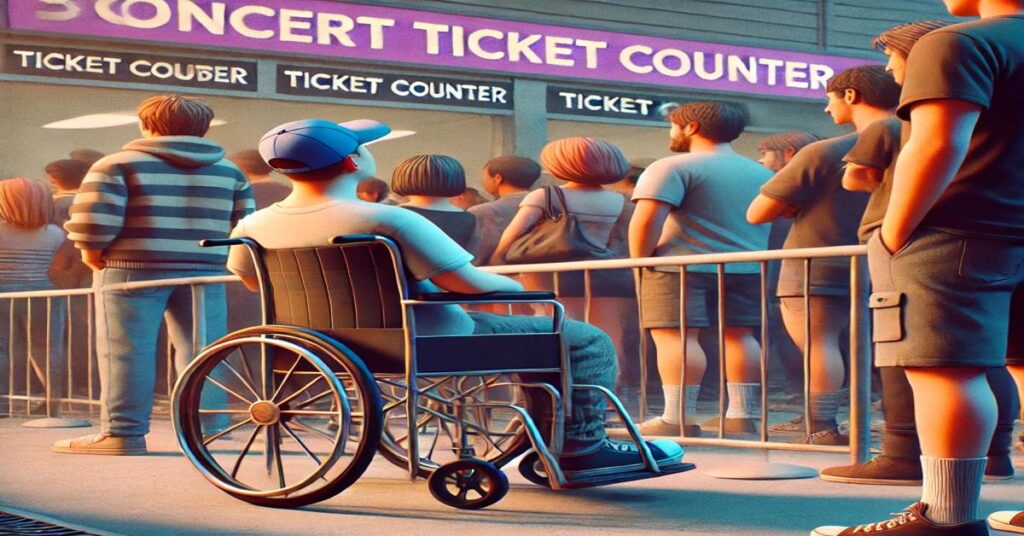The Fight for Accessible Services

In a recent legal opinion, the Department of Justice (DOJ) in the Philippines has made a clear stance: Persons with Disabilities (PWDs) should have access to express lanes in all establishments, regardless of the transaction. This ruling comes in response to a complaint from a PWD who was denied an express lane during a K-pop concert ticket purchase.
The debate over PWD express lanes highlights a broader issue of equality and inclusion. While some argue that these lanes are privileges rather than rights, the DOJ’s opinion emphasizes that they are essential to ensuring that PWDs can participate fully in society.
The PWD Law and Its Interpretation
The DOJ’s ruling is rooted in the Republic Act 10754, or the “Act Expanding the Benefits and Privileges of Persons with Disabilities.” The law mandates that all commercial and government establishments provide express lanes for PWDs.
The DOJ’s interpretation of the law is straightforward: the word “all” means all, without exceptions. This means that there should be no distinction between different types of establishments or transactions.
Beyond the Legal Aspect
While the legal aspect of the issue is crucial, it’s essential to consider the broader implications of this ruling. PWDs often face significant challenges in accessing public services. Express lanes can make a tangible difference in their daily lives by reducing wait times and minimizing frustration.
The availability of express lanes sends a powerful message of inclusion and respect. It signals that PWDs are valued members of society and that their needs are being taken seriously.
A Call for Action for all Businesses in the Country
The DOJ’s ruling is a significant step in the right direction, but it’s important to ensure that it is implemented effectively. It’s up to businesses and government agencies to comply with the law and to create a welcoming environment for PWDs.
Beyond legal compliance, the society should also strive to foster a culture of empathy and understanding. By recognizing the unique challenges faced by PWDs, we can create a more inclusive and equal society for all.
